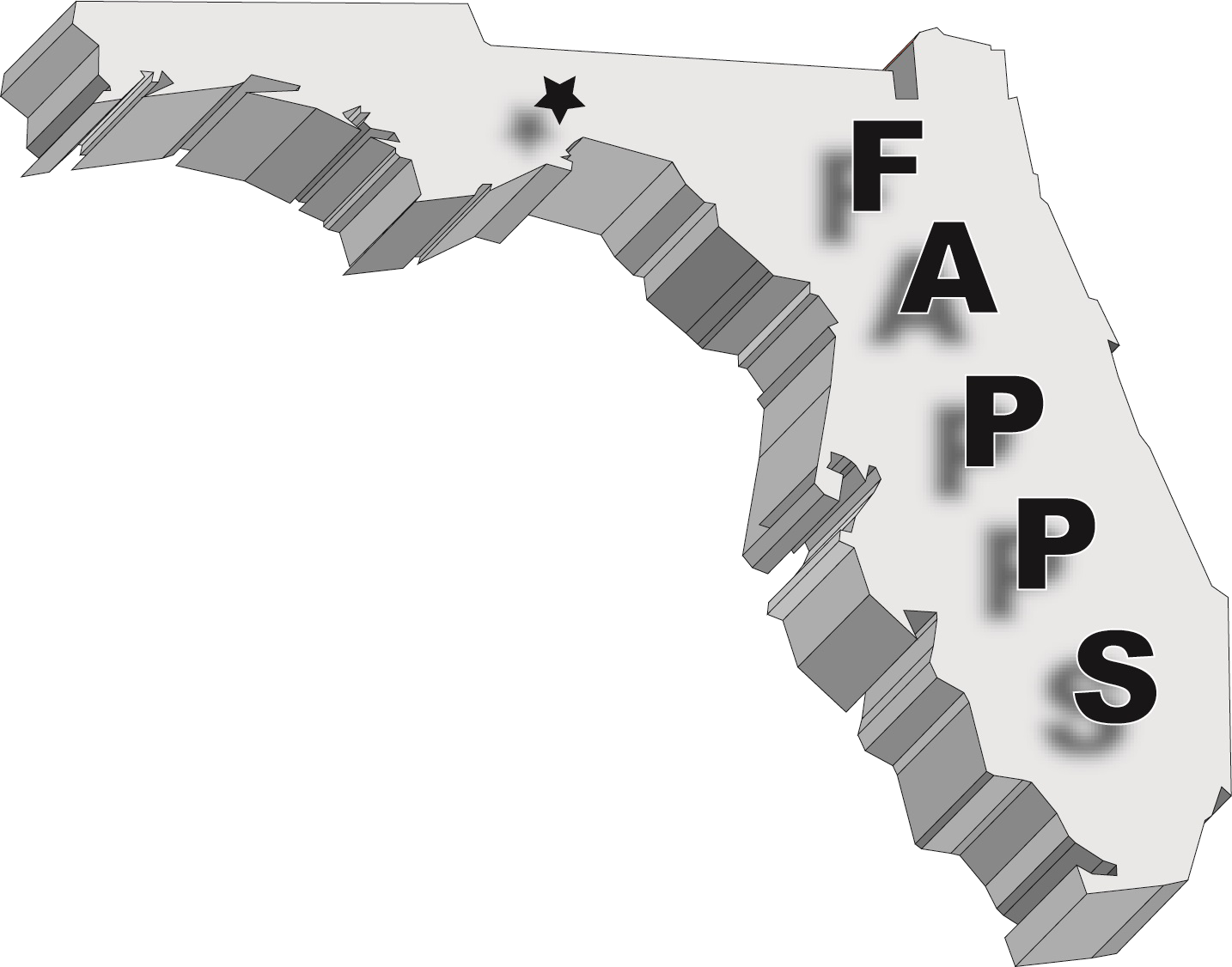Breaking News: The Log Book Bill
The Logbook Bill which “relates to process server records; provides for oversight of process server records by third party contractors” (NY Assembly Bill A1713 and NY Senate S01735) is sitting on the Governor’s desk to be signed.
This is a change in NY State General business law 89-cc, which means it affects only cities of one million or more people. New York City is the only city in New York State with sufficient population to fall under the requirements of Gen Business law 89-cc.
Considering ever-changing and rapidly advancing technology, use of the logbook has been considered archaic and burdensome since the changes in regulations in the city in 2011 and 2012. The NYC rules requires an entry in both the logbook and digital recording of each service and attempt of service. The reliability and uniformity of digital record is far superior to that of the written logbook and in this day just makes sense.
The language that is in the bill allows Process servers the opportunity to opt out of creating a handwritten paginated log of their service attempts and only use digital means to record the service.
------------
Sponsored in the Assembly by Assemblyman Pretlow and the in the Senate by Senator Skoufis the language reads as follows:
AN ACT to amend the general business law, in relation to process server records
THE PEOPLE OF THE STATE OF NEW YORK, REPRESENTED IN SENATE AND ASSEM-
BLY, DO ENACT AS FOLLOWS:
Section 1. Subdivision 1 of section 89-cc of the general business law,
as added by chapter 340 of the laws of 1986, is amended to read as
follows:
1. Each process server shall maintain a legible record of all service
made by him OR HER as prescribed in this section. Such records shall be
kept, EITHER:
(A) in chronological order in a bound, paginated volume. Corrections
in records shall be made only by drawing a straight line through the
inaccurate entry and clearly printing the accurate information directly
above the inaccurate entry. All other methods of correction, including
but not limited to erasing, opaquing, obliterating, or redacting, are
prohibited[.], OR
(B) BY SUBMITTING RECORDED ENTRIES TO A THIRD-PARTY CONTRACTOR WITHIN
THREE DAYS OF SERVICE OR ATTEMPTED SERVICE, PROVIDED, HOWEVER THAT
PERMISSIONS PERTAINING TO SUCH DATA WILL BE SECURED SO THAT THE DATA
CANNOT BE DELETED UPON SUBMISSION. RECORDS SHALL BE REPORTED IN CHRONO-
LOGICAL ORDER. IT SHALL BE UNLAWFUL FOR ANY PROCESS SERVER TO TAMPER
WITH DATA OR PROPERTIES OF ANY ELECTRONIC RECORD KEPT PURSUANT TO THIS
SECTION AFTER AN IMAGE FILE IS MADE BY MODIFYING, AMENDING, DELETING,
REARRANGING OR IN ANY OTHER WAY ALTERING ANY SUCH DATA OR PROPERTIES
INCLUDING, BUT NOT LIMITED TO, USING A META DATA SCRUBBER OR SIMILAR
DEVICE OR PROGRAM. IF A TYPOGRAPHICAL ERROR HAS OCCURRED OR IF DATA
CONTAINED IN THE PROCESS SERVER'S RECORD WAS ACCIDENTALLY OMITTED FROM
EXPLANATION--Matter in ITALICS (underscored) is new, matter in brackets
[ ] is old law to be omitted.
LBD00170-02-1
A. 1713--A 2
THE ELECTRONIC DATA ENTRY, THE THIRD-PARTY CONTRACTOR MAY MAKE AN AMEND-
MENT IN WHICH THE ORIGINAL RECORD SHALL BE IDENTIFIED BY ENTERING IT IN
ITALICS. ALL THIRD-PARTY CONTRACTORS MUST MAINTAIN A DAILY BACKUP OF ALL
SUBMITTED DATA, AND ALL DATA MUST BE AVAILABLE FOR REVIEW UPON REQUEST
OF ANY AND ALL INTERESTED PARTIES.
§ 2. This act shall take effect on the thirtieth day after it shall
have become a law.
The Governor received the bill on April 27th, 2022 and has 10 days (not counting Sundays) to sign or veto bills passed by both houses. If the bill remains unsigned bills and not vetoed, it should become law this week . The law will take effect 30 days after it becomes law.





